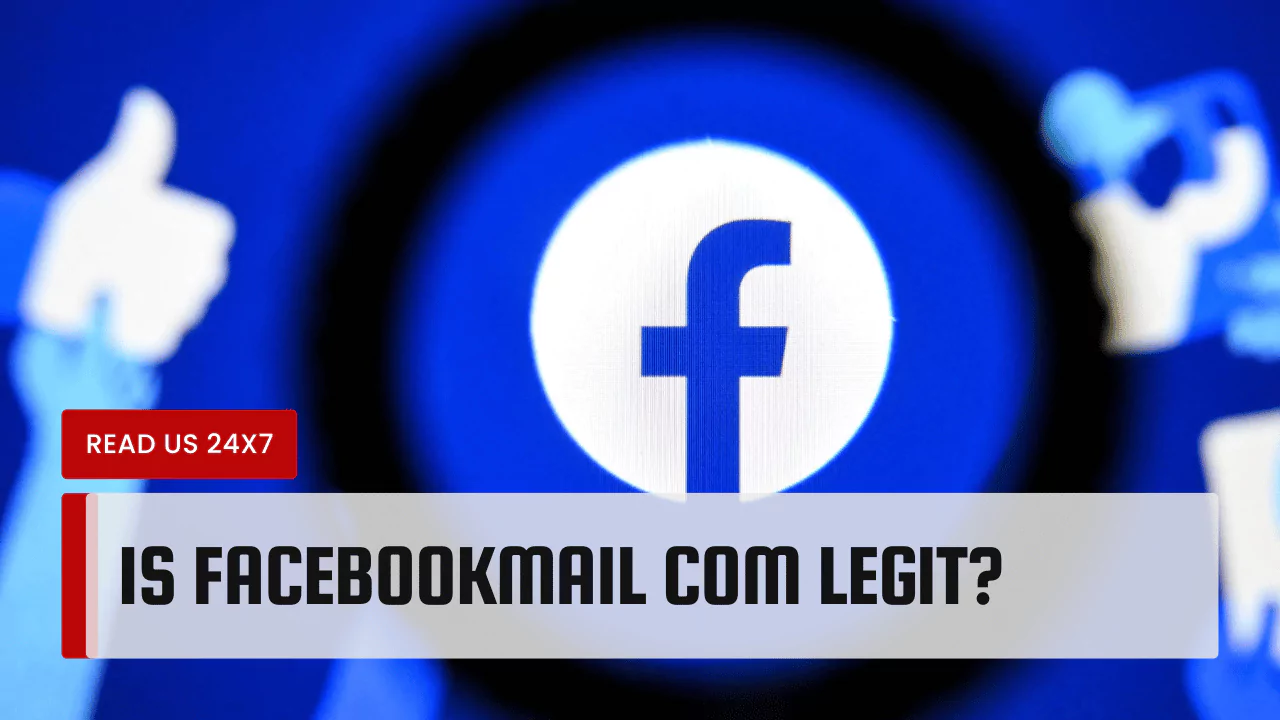Yes, Facebookmail.com is a legitimate domain used by Facebook for sending email notifications to its users. If you receive emails from Facebookmail.com or Metamail.com, they are likely notifications from Facebook or Meta, its parent company. It’s important to note that if you receive emails claiming to be from Facebook or Meta from a different address, it could be suspicious and should be handled with caution. Always verify the sender’s email address before taking any action on such emails.
Explanation of Facebookmail.com and Metamail.com
Emails originating from Facebookmail.com and Metamail.com typically pertain to various notifications and security updates related to Facebook and its parent company, Meta. These emails serve as a means for the company to communicate important information and security measures to its users.
Legitimate emails from these domains usually address issues such as account security, updates to privacy policies, and notifications about account activity. They aim to enhance user experience and ensure the safety of users’ accounts within the platform.
On the other hand, scam emails often mimic the format and language of legitimate communications from Facebook and Meta. These fraudulent emails attempt to deceive recipients into providing personal information or clicking on malicious links, posing significant risks to individuals’ online security and privacy.
Tips for Identifying a Legitimate Facebook Protect Email
- Check the sender’s email address: Legitimate emails from Facebook and Meta typically originate from addresses such as “[email protected]” or “[email protected]”. Verify that the sender’s email address matches these official domains to ensure authenticity.
- Look for warning signs and inconsistencies in the email: Pay close attention to the content and language used in the email. Legitimate emails are often concise, professional, and free from grammatical errors or unusual requests. Be wary of emails that create a sense of urgency or request sensitive information without proper verification procedures.
- Verify the email through other means: Whenever in doubt, it is advisable to verify the authenticity of the email directly through official channels. Log into your Facebook account and navigate to the security settings to confirm any notifications or updates mentioned in the email.
What to Do if You Receive a Suspicious Email from Facebook
- Do not respond or click any links in the email: Exercise caution when dealing with suspicious emails and refrain from interacting with any embedded links or attachments. Clicking on such links may expose your device to malware or phishing attempts.
- Report the email to Facebook: Facebook provides mechanisms for users to report suspicious activity and fraudulent emails. Utilize these reporting features to notify the platform’s security team about potential scams or phishing attempts.
- Take precautions to secure your account: In addition to reporting the email, take proactive measures to enhance the security of your Facebook account. Change your password, enable two-factor authentication, and review your privacy settings to prevent unauthorized access and protect your personal information.
By remaining vigilant and adhering to these guidelines, users can mitigate the risks associated with fraudulent emails and safeguard their online accounts against potential threats.
In conclusion, while emails from domains like Facebookmail.com and Metamail.com may raise concerns about their legitimacy, users can adopt proactive measures to identify and address potential scams effectively. By exercising caution and utilizing available security features, individuals can navigate the digital landscape with confidence and protect themselves against malicious activities.


